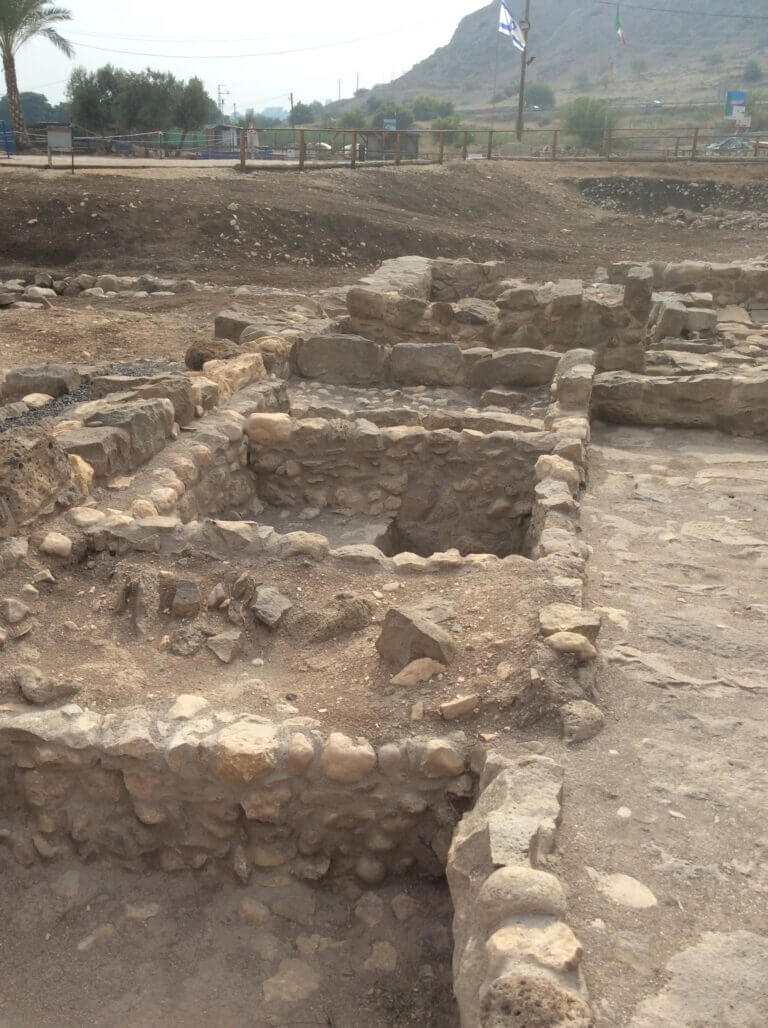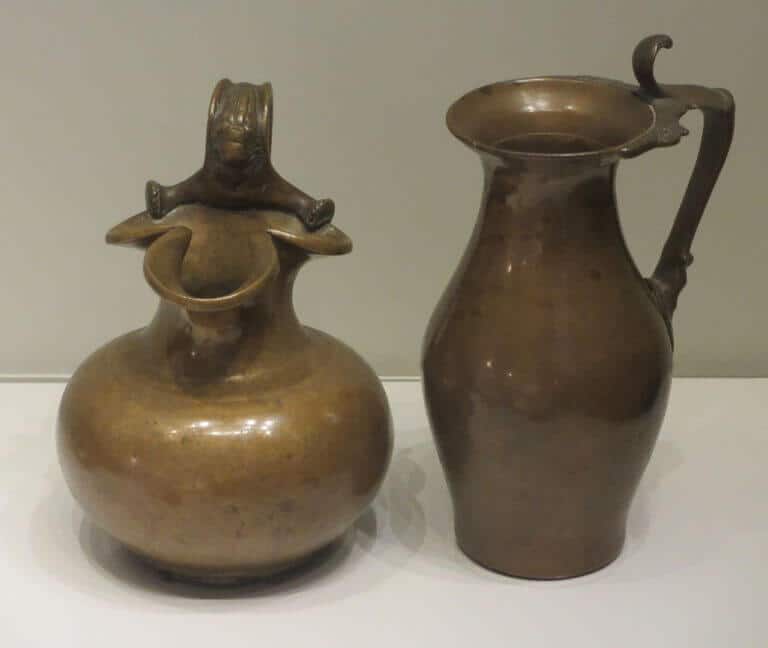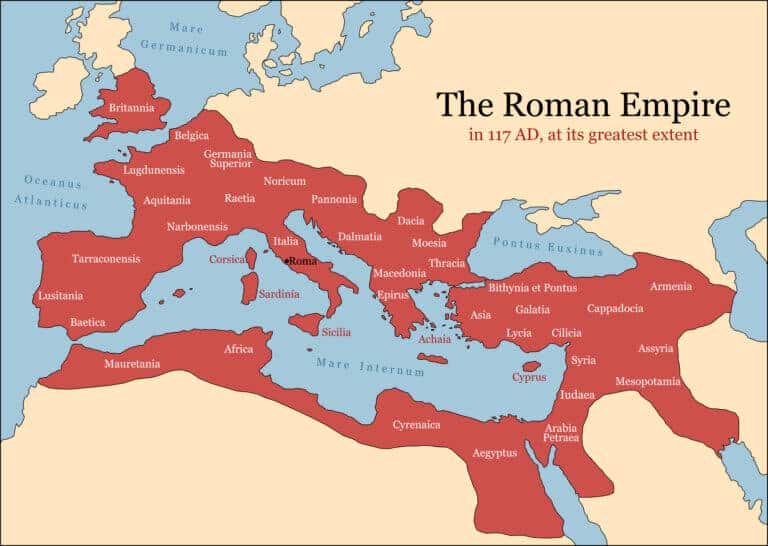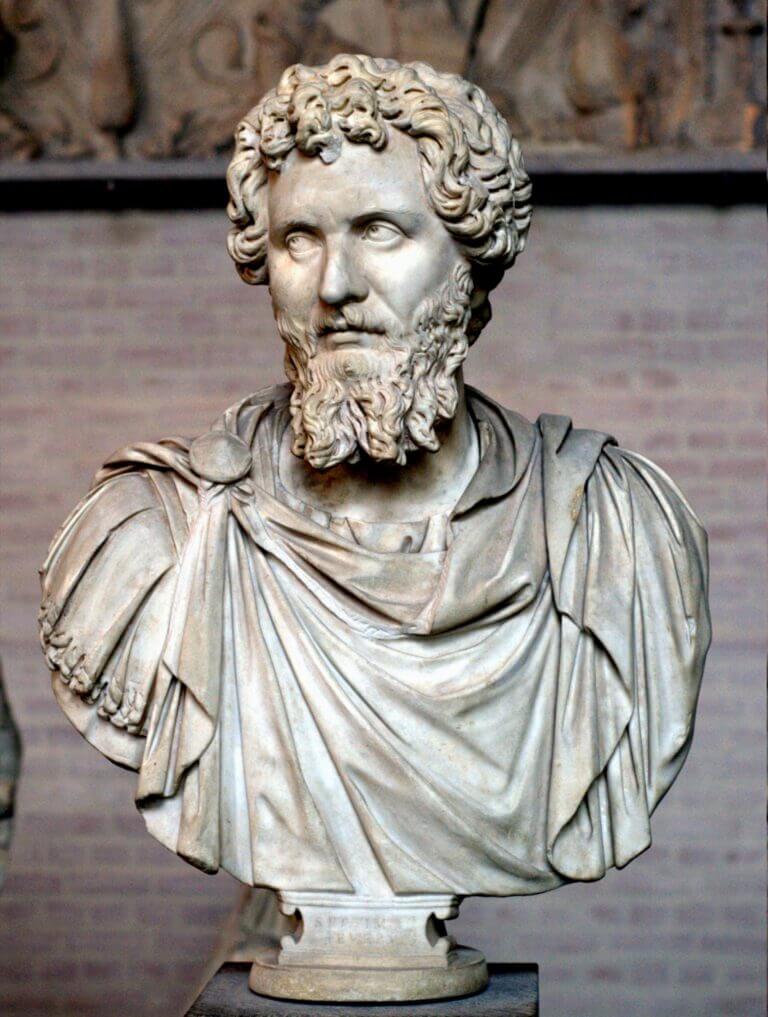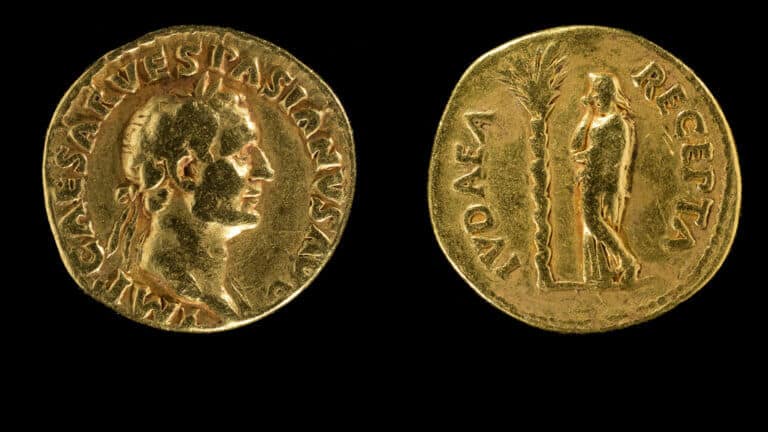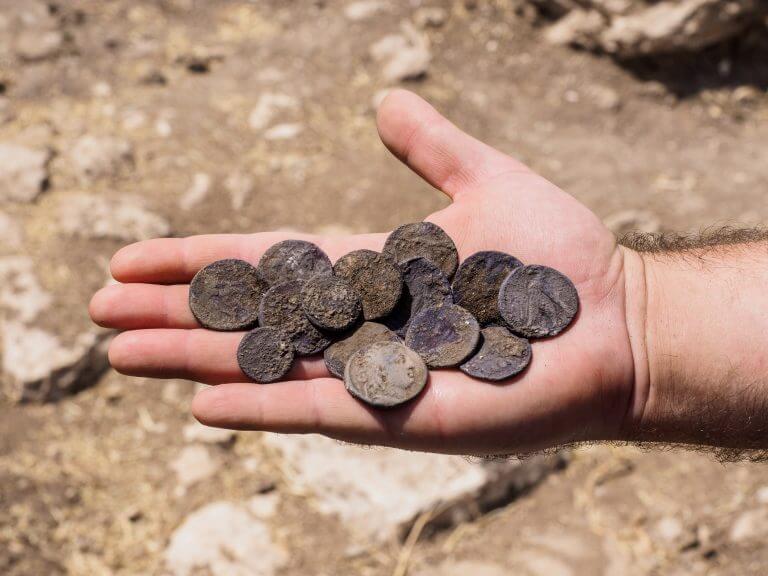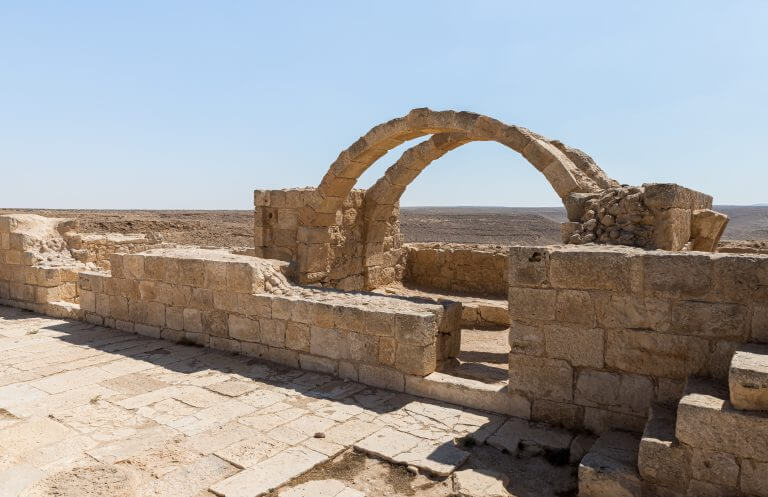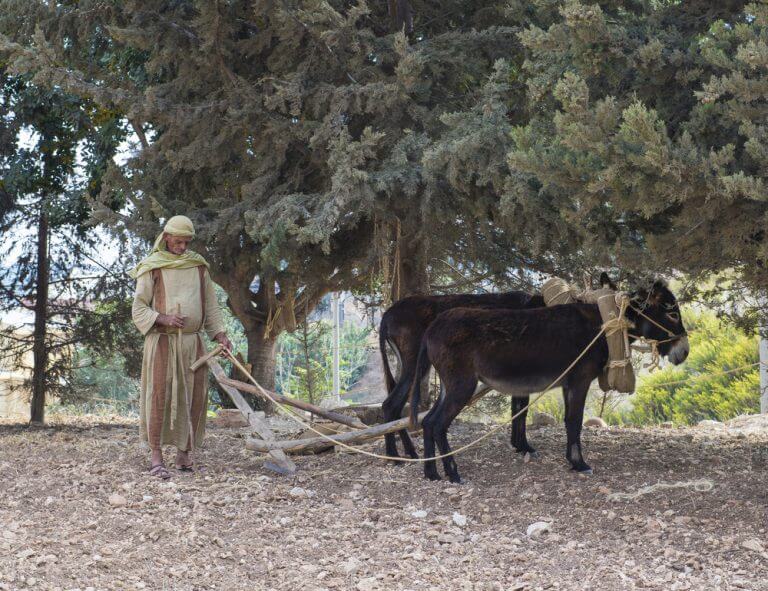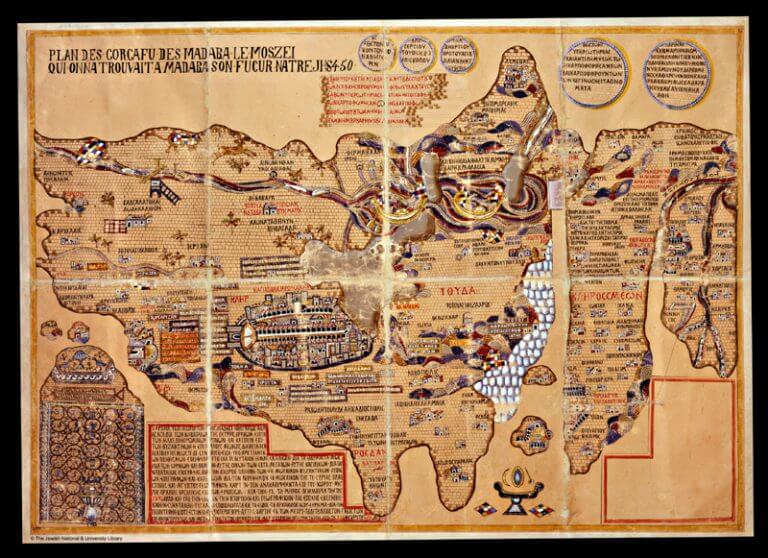Hayadan > The economy of the Land of Israel
The economy of the Land of Israel
- Dr. Yahyam whistles
- May 29, 2021
- One response
The Roman policy aimed at increasing the productive forces resulted in more and more Jews becoming landowners; An intensive economy has developed and spread over everything involved; Inhabiting villages and towns with Jews; Industrial production centers were absorbed in the villages; The city is taking shape and with it its agricultural fields and economic prosperity
- Avi Blizovsky
- April 30, 2021
- No comments
A separate and special field on the subject of the thin and rough cattle involves the use of the "product" of the rough and thin cattle for the benefit of agriculture apart from the plowing and threshing, which is the waste.
- Dr. Yahyam whistles
- March 12, 2021
- One response
From the rebellion of Ben Kusva onward, many factors worked to cultivate the whole issue of the rough animal and its use for the production of meat and dairy products and leather.
- Dr. Yahyam whistles
- February 12, 2021
- 2 תגובות
The economy in the Roman period also included raising meat, fat animals (cattle) and thin animals (sheep). They too were required to give them as a tax to feed the large Roman forces that were staying here
- Dr. Yahyam whistles
- January 15, 2021
- No comments
Until the time of the emperor Hadrian (138-117 CE) we witness the reality of tax tenants who were responsible for collecting the taxes. Whereas from then on, imperial officials were appointed who were subordinate to Rome and were responsible for the issue of collection. And for this we find quite a few proofs from the books of the Sages
- The Hebrew University
- January 10, 2021
A new study at the Hebrew University examines why the farmers of the past preferred the mountains of Jerusalem over the mountains of the north?
- Dr. Yahyam whistles
- December 25, 2020
- 3 תגובות
The "angria" mentioned in Sage sources means - the duty of man and beast for the postal work (cursus publicus, transportation and some activity for the authorities). The peasants suffered from this affliction mainly because sometimes they would work their animals to the point of disability and excessive fatigue so that they would be disqualified from the obligation towards the authorities.
- Dr. Yahyam whistles
- October 17, 2020
- 5 תגובות
The obligation to provide recruits-rookies for the Roman army, and not for the police units, rests on the village as a whole, and the amount of money paid by the population makes it clear that it is intended to finance equipment and supplies for the village's rookies and not to obtain an exemption for the village from the obligation to recruit those rookies
- Avi Blizovsky
- August 21, 2020
- 6 תגובות
In order to maintain the army stationed in Judea, and to enrich the emperors, the Roman government levied various types of taxes, some of them general and others that particularly oppressed the Jews - after the revolts
- Dr. Yahyam whistles
- July 19, 2020
- 3 תגובות
- Dr. Yahyam whistles
- June 13, 2020
- No comments
- Dr. Yahyam whistles
- April 10, 2020
- 6 תגובות
- Avi Blizovsky
- March 20, 2020
- One response
- Dr. Yahyam whistles
- February 22, 2020
- 5 תגובות
- Dr. Yahyam whistles
- January 10, 2020
- 7 תגובות
- Israel Antiquities Authority Archeology
- December 17, 2019
- No comments
- Dr. Yahyam whistles
- November 22, 2019
- No comments
- Dr. Yahyam whistles
- September 6, 2019
- 2 תגובות
- Dr. Yahyam whistles
- July 26, 2019
- 5 תגובות
- Dr. Yahyam whistles
- May 17, 2019
- One response
- Dr. Yahyam whistles
- January 19, 2019
- 4 תגובות
- Dr. Yahyam whistles
- December 22, 2018
- 4 תגובות
- Dr. Yahyam whistles
- November 24, 2018
- 2 תגובות
- Dr. Yahyam whistles
- November 3, 2018
- 5 תגובות
- Dr. Yahyam whistles
- September 7, 2018
- 10 תגובות

